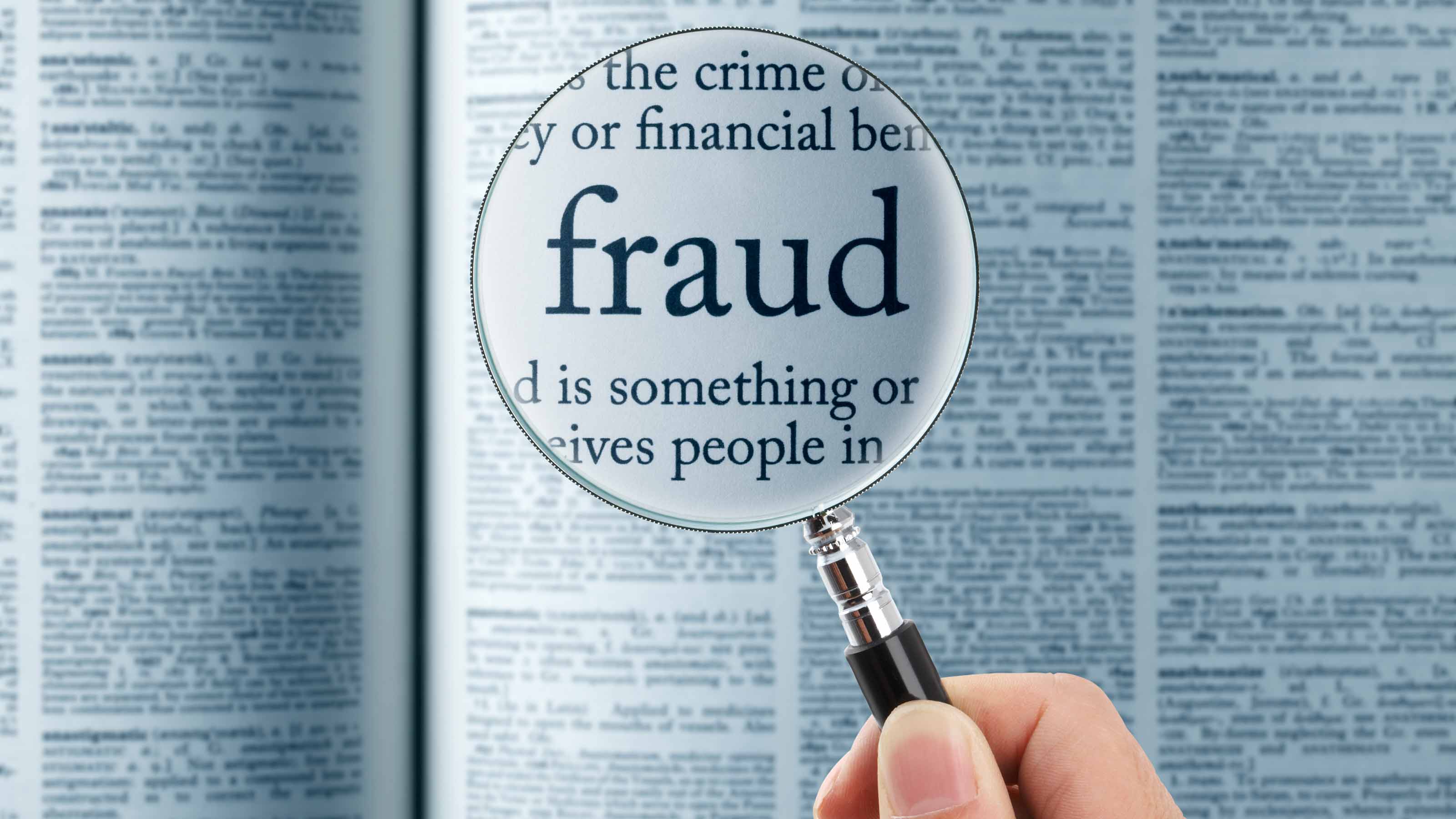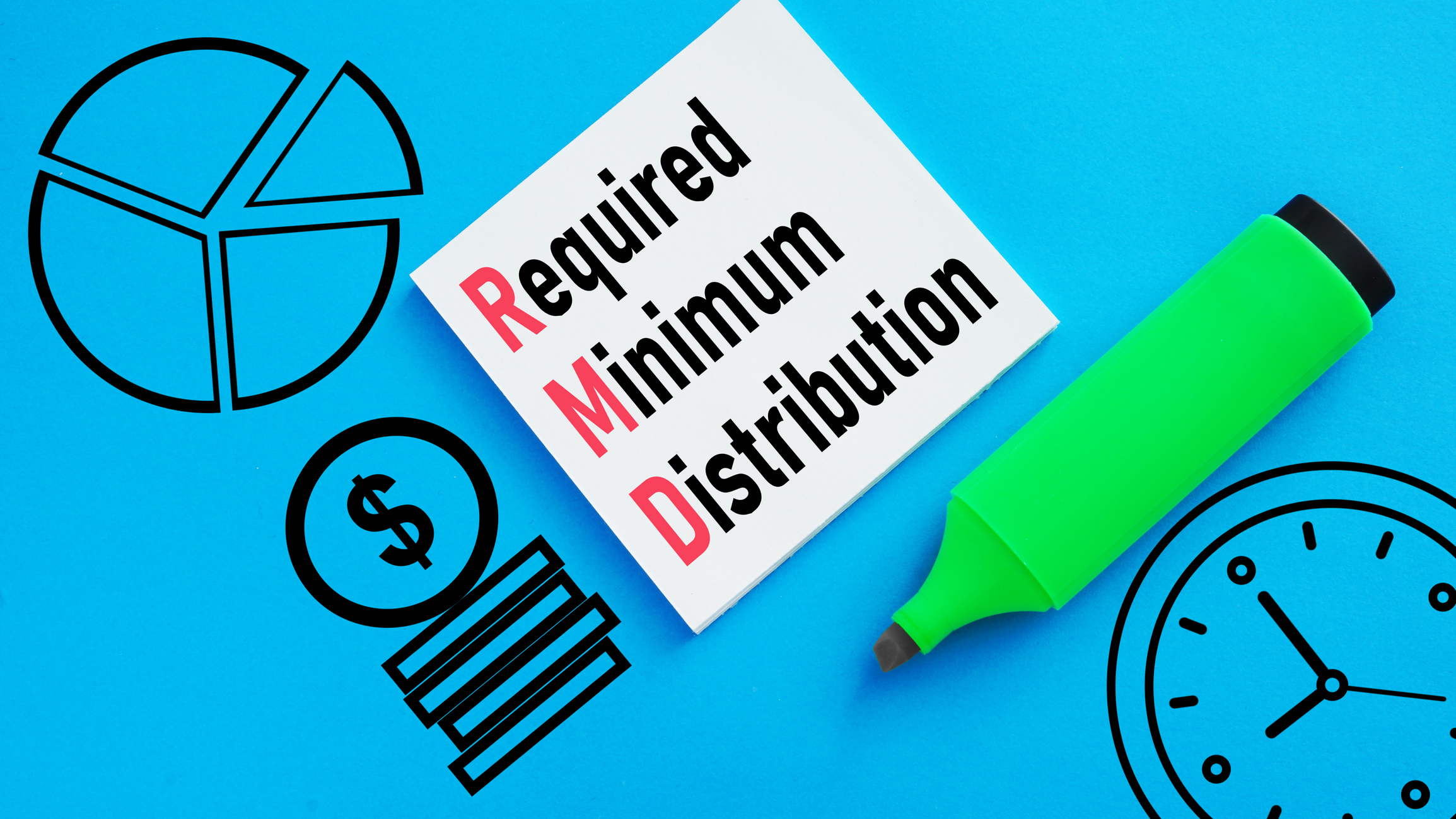Seven Reasons to Avoid a Self-Directed IRA
These specialized retirement accounts let investors do things they can't in an ordinary IRA, like invest directly in alternative assets. But this opportunity also comes with risks.

Donna LeValley

Profit and prosper with the best of Kiplinger's advice on investing, taxes, retirement, personal finance and much more. Delivered daily. Enter your email in the box and click Sign Me Up.
You are now subscribed
Your newsletter sign-up was successful
Want to add more newsletters?

Delivered daily
Kiplinger Today
Profit and prosper with the best of Kiplinger's advice on investing, taxes, retirement, personal finance and much more delivered daily. Smart money moves start here.

Sent five days a week
Kiplinger A Step Ahead
Get practical help to make better financial decisions in your everyday life, from spending to savings on top deals.

Delivered daily
Kiplinger Closing Bell
Get today's biggest financial and investing headlines delivered to your inbox every day the U.S. stock market is open.

Sent twice a week
Kiplinger Adviser Intel
Financial pros across the country share best practices and fresh tactics to preserve and grow your wealth.

Delivered weekly
Kiplinger Tax Tips
Trim your federal and state tax bills with practical tax-planning and tax-cutting strategies.

Sent twice a week
Kiplinger Retirement Tips
Your twice-a-week guide to planning and enjoying a financially secure and richly rewarding retirement

Sent bimonthly.
Kiplinger Adviser Angle
Insights for advisers, wealth managers and other financial professionals.

Sent twice a week
Kiplinger Investing Weekly
Your twice-a-week roundup of promising stocks, funds, companies and industries you should consider, ones you should avoid, and why.

Sent weekly for six weeks
Kiplinger Invest for Retirement
Your step-by-step six-part series on how to invest for retirement, from devising a successful strategy to exactly which investments to choose.
Self-directed IRAs are not for the average retiree or the faint of heart. These specialized retirement accounts let investors do things they can't in an ordinary IRA, like invest directly in alternative assets, including cryptocurrencies, real estate, gold or a private business. A second property, which many retirees invest in for income, could be purchased as an IRA asset using a self-directed account.
Like ordinary IRAs, assets grow tax-free inside a self-directed account, giving a real estate investor, for example, a way to rent properties or buy and sell them using IRA savings while postponing the taxes on any income or capital gains.
"A self-directed IRA would delay those taxes until you withdraw from your plan so you can re-invest all the profits from the sale without having to reduce the net gains by paying taxes now," says Grey Merryman, head of wealth planning at Atlantic Union Bank's Wealth Management Division.
This freedom, however, means more ways for retirees to land in trouble with their hard-earned savings by investing in something that isn't remotely suitable. In fact, partly because of the problems with alternative assets, these accounts have a lot more going against them than for them, and even investing in a second home this way has disadvantages.
Consider these risks.

1. You're not as diversified as you think
Alternative assets are often touted as a way to diversify your portfolio because they don't move in lockstep with stocks or bonds, but many alternative assets, like cryptocurrency, are inherently high risk. What's more, buying some alternative assets directly often requires a sizable chunk of your savings.
A local business or real estate typically isn't a small purchase. Sinking a lot of money into one investment is the opposite of diversification. To diversify using alternative assets like real estate or commodities, stick to mutual funds that invest broadly in them. You can buy these funds with an ordinary IRA.

2.You get no guidance
You can't open a self-directed IRA with mainstream brokerage firms, like Vanguard or Fidelity. Instead, you must work with a specialty custodian, like Equity Trust Co. or IRA Financial, without any guidance or advice.
Self-directed IRA custodians don't give investment advice "because they do not perform any of the due diligence or accept any responsibility for investment selection, suitability or best interest of the investor," says Merryman.
As part of their contracts, self-directed IRA custodians only agree to handle the administrative work for your account. It's up to you to make sure the investments are appropriate, safe and legitimate, but that won't be easy to do.
Alternative assets have less government oversight and are usually less transparent than publicly traded stocks and bonds. Consequently, you will need to hire and pay an independent professional, such as an investment adviser, accountant or attorney, to vet any major investment, says Chase Insogna, president of InsognaCPA in Austin, Texas.

3.There's potential for fraud
Not only can the investments themselves be opaque, but the Securities and Exchange Commission warns that criminals prey on those with self-directed IRAs or encourage people to set one up in order to sell them a fraudulent investment.
"Red flags for fraud can include brand new investment companies with no track record, claims for unreasonably high levels of return or a lack of third-party oversight, such as audits from a reputable CPA firm," says Ryan Shuchman, an investment adviser and partner at Cornerstone Financial in Ann Arbor, Mich.
Fraudsters often fool unsuspecting investors by telling them any investment that a self-directed IRA custodian accepts must be legitimate, which isn't true. Remember, the custodian doesn't verify the investment; it just handles the administrative work. To be clear, "this fraud isn't from the IRA custodians or the self-directed IRA, but rather the type of investments," Insogna says.

4. You'll pay hefty fees
Self-directed IRAs aren't cheap. Along with transaction fees, the IRA custodian can also charge an account setup fee, an annual fee and a fee per asset held in your account.
These fees range from several hundred to several thousand dollars per year, depending on the account size, the number of investments made and the IRA custodian. The same investments made outside of a retirement account wouldn't have any of these extra fees.

5. RMDs still apply
As self-directed IRAs are retirement plans, you'll still need to take required minimum distributions once you turn 73. That can be tricky to do if you're investing in assets that aren't easily cashed in, although there is a Roth IRA version of a self-directed IRA. Like ordinary Roth IRAs, the self-directed version is funded with post-tax dollars for tax-free withdrawals in retirement and has no RMDs.

6. You lose key advantages with real estate
Even owning property in these accounts is only a good idea for an experienced real estate investor with a proven track record of successful deals, says Shuchman.
"You've got the risk both of the deal going bad plus the opportunity cost of not growing your savings in the market," he says. Real estate investors can also kiss goodbye many of the benefits associated with investing in property.
The IRS has rules for self-directed IRAs, and one of them is that you cannot use or manage the assets personally.
"If you buy a beach house as an investment, you or your friends can't stay there for free. If the wind blows off the storm gutter, you cannot fix it yourself but need to hire a professional, using cash from your IRA balance," says Merryman.
If you get caught breaking these rules, the IRS could void your entire IRA, forcing you to take out the balance, not just the problem asset, which could mean a sizable tax bill and the loss of future tax benefits on those savings.
You also miss out on tax breaks for owning the investments outright. It's the IRA that holds title to the property, not you personally, and your IRA doesn't pay taxes each year. That's a problem for real estate investors as they won't be allowed to claim annual deductions for repairs, mortgage interest, depreciation, property taxes or losses against other personal income. Meanwhile, the fees from a self-directed IRA can wreak havoc with your profit margin.
Insogna says the $600 fees his self-directed IRA charged annually ate into his profit margin for rental income, and the deferred taxes didn't seem to make up for it. Insogna regrets using a self-directed IRA for a 2009 real estate deal. "I would have been better off just cashing out my IRA balance, even with the 10% penalty [for someone younger than 59½], given the fees and missed tax breaks."

7. You must follow strict rules when adding gold or precious metals
A self-directed gold IRA is your only option if you want to own or invest in physical gold or other precious metals through an IRA. To set up a self-directed IRA that holds precious metals, you’ll need to pay for more than a custodian.
In addition to the initial setup or administration fee charged by the IRA custodian, you'll likely pay an annual maintenance or storage fee each year to the custodian or depository vaulting company for the secure storage for your physical precious metals.
You’ll need to follow two IRS guidelines to include gold in a self-directed IRA:
1-You can only invest in IRS-approved gold. To avoid buying a prohibited item, consider purchasing from a company that specializes in gold IRAs. They often label qualified precious metals as “IRA-eligible." The IRS says it must be “highly refined bullion.”
- Gold must be 99.5% pure, silver must be 99.9% pure, platinum must be 99.95% pure and palladium must be 99.95% pure
- Produced by a company that’s nationally accredited
- It must be encapsulated in original packaging and include the certificate of authenticity
- Coins are uncirculated and damage-free
- Bars are manufactured to the exact weight
2- You can’t hold the gold in your possession. You are its owner, but the gold must be stored off-site in an IRS-approved depository. Your gold IRA custodian should be able to help recommend an approved depository for your investments. This is a critical aspect of investing in precious metals though an IRA.
Taking possession of the physical gold would be considered a distribution from your IRA that is subject to tax and penalties. .
Related Content
Profit and prosper with the best of Kiplinger's advice on investing, taxes, retirement, personal finance and much more. Delivered daily. Enter your email in the box and click Sign Me Up.

David is a financial freelance writer based out of Delaware. He specializes in making investing, insurance and retirement planning understandable. He has been published in Kiplinger, Forbes and U.S. News, and also writes for clients like American Express, LendingTree and Prudential. He is currently Treasurer for the Financial Writers Society.
Before becoming a writer, David was an insurance salesman and registered representative for New York Life. During that time, he passed both the Series 6 and CFP exams. David graduated from McGill University with degrees in Economics and Finance where he was also captain of the varsity tennis team.
- Donna LeValleyRetirement Writer
-
 Ask the Tax Editor: Federal Income Tax Deductions
Ask the Tax Editor: Federal Income Tax DeductionsAsk the Editor In this week's Ask the Editor Q&A, Joy Taylor answers questions on federal income tax deductions
-
 States With No-Fault Car Insurance Laws (and How No-Fault Car Insurance Works)
States With No-Fault Car Insurance Laws (and How No-Fault Car Insurance Works)A breakdown of the confusing rules around no-fault car insurance in every state where it exists.
-
 7 Frugal Habits to Keep Even When You're Rich
7 Frugal Habits to Keep Even When You're RichSome frugal habits are worth it, no matter what tax bracket you're in.
-
 Why Picking a Retirement Age Feels Impossible (and How to Finally Decide)
Why Picking a Retirement Age Feels Impossible (and How to Finally Decide)Struggling with picking a date? Experts explain how to get out of your head and retire on your own terms.
-
 For the 2% Club, the Guardrails Approach and the 4% Rule Do Not Work: Here's What Works Instead
For the 2% Club, the Guardrails Approach and the 4% Rule Do Not Work: Here's What Works InsteadFor retirees with a pension, traditional withdrawal rules could be too restrictive. You need a tailored income plan that is much more flexible and realistic.
-
 Retiring Next Year? Now Is the Time to Start Designing What Your Retirement Will Look Like
Retiring Next Year? Now Is the Time to Start Designing What Your Retirement Will Look LikeThis is when you should be shifting your focus from growing your portfolio to designing an income and tax strategy that aligns your resources with your purpose.
-
 I'm a Financial Planner: This Layered Approach for Your Retirement Money Can Help Lower Your Stress
I'm a Financial Planner: This Layered Approach for Your Retirement Money Can Help Lower Your StressTo be confident about retirement, consider building a safety net by dividing assets into distinct layers and establishing a regular review process. Here's how.
-
 Your Adult Kids Are Doing Fine. Is It Time To Spend Some of Their Inheritance?
Your Adult Kids Are Doing Fine. Is It Time To Spend Some of Their Inheritance?If your kids are successful, do they need an inheritance? Ask yourself these four questions before passing down another dollar.
-
 The 4 Estate Planning Documents Every High-Net-Worth Family Needs (Not Just a Will)
The 4 Estate Planning Documents Every High-Net-Worth Family Needs (Not Just a Will)The key to successful estate planning for HNW families isn't just drafting these four documents, but ensuring they're current and immediately accessible.
-
 Love and Legacy: What Couples Rarely Talk About (But Should)
Love and Legacy: What Couples Rarely Talk About (But Should)Couples who talk openly about finances, including estate planning, are more likely to head into retirement joyfully. How can you get the conversation going?
-
 We're 62 With $1.4 Million. I Want to Sell Our Beach House to Retire Now, But My Wife Wants to Keep It and Work Until 70.
We're 62 With $1.4 Million. I Want to Sell Our Beach House to Retire Now, But My Wife Wants to Keep It and Work Until 70.I want to sell the $610K vacation home and retire now, but my wife envisions a beach retirement in 8 years. We asked financial advisers to weigh in.
